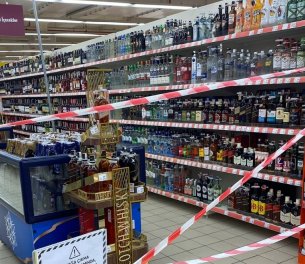Locals relax on a grassy shoreline in Kadıköy, İstanbul. (Photo: Gazete Kadıköy)
This article has been updated after a new statement on the issue by the Governor's Office of İstanbul.
The İstanbul Governor's Office has clarified an earlier statement today about the prohibition of alcohol consumption in public spaces such as parks, shorelines and picnic areas.
The office said that there was no "new ban" and the circular issued earlier in the day was a "reminder" for the implementation of the existing rules.
However, in this clarification, the phrase "prevention of alcohol sales and consumption [by security forces] in public beaches, shores, parks, picnic and recreation areas" was notably absent, which was included in the initial statement.
The initial statement raised question marks about the legal basis of such a ban, as there is no law in Turkey that explicitly prohibits alcohol consumption in public areas. The only applicable regulation is article 35 of the Misdemeanors Law, which envisages fines for "individuals disrupting the peace of others while intoxicated."
The second statement said security forces had been instructed to guarantee the security and peace of the citizens in the mentioned areas such as parks, coastal zones and picnic areas.
Prohibition of alcohol consumption in public spaces had been implemented by the governors of various provinces over the past few years.
Stringent alcohol measures
Today's decision is the latest in a series of restrictive measures by the government regarding alcohol consumption.
For the past 10 years, liquor shops have been prohibited from selling alcoholic beverages after 10 p.m. While many businesses do not adhere to this regulation, earlier this year, the government raised the minimum fine for violating this rule to 215,000 Turkish liras, and the maximum to 1 million liras, in an effort to enforce the ban more strictly. These amounts are excessively high for small businesses.
Furthermore, the government has significantly increased the tax rates on alcoholic beverages over the years. More than 60% of the retail price of high-alcohol drinks like rakı, vodka, and gin consists of taxes. The tax rate for a bottle of beer is around 55%.
These high tax rates result in even higher prices for alcoholic beverages when sold in establishments. In bars in İstanbul, the price of a 50cl draft beer is around a minimum of 80 liras. Places like parks and shorelines, on the other hand, serve as more affordable alternatives for people who want to drink outside.
The prohibition also extends to the promotion of alcoholic beverages and the display of logos on store fronts in Turkey.
In recent years, the restrictions on alcohol have even reached university spring festivals, and numerous music festivals across the country have been canceled over the past two years. In early August, a music festival in Bursa was canceled after the governor imposed a ban on alcohol sales during the event, leaving organizers with no choice but to call off the festivities.
Just last week, a school principal in Çanakkale was suspended from duty by the provincial directorate of education after sharing a photo with alcohol on their personal social media account, citing "social media posts revealing aspects of their personal life" as the reason.
Critics are pointing out that these measures by the government could be seen as an attempt to stigmatize alcohol consumption and as undue interference with the way of life in society. (VK)




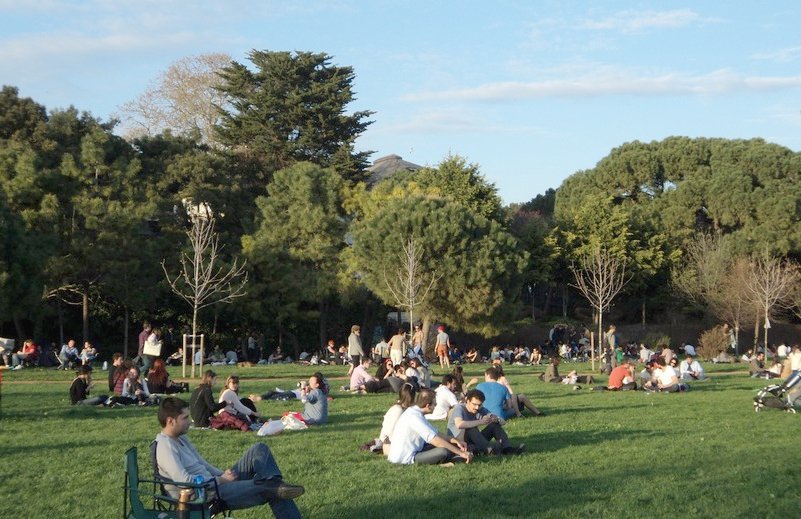
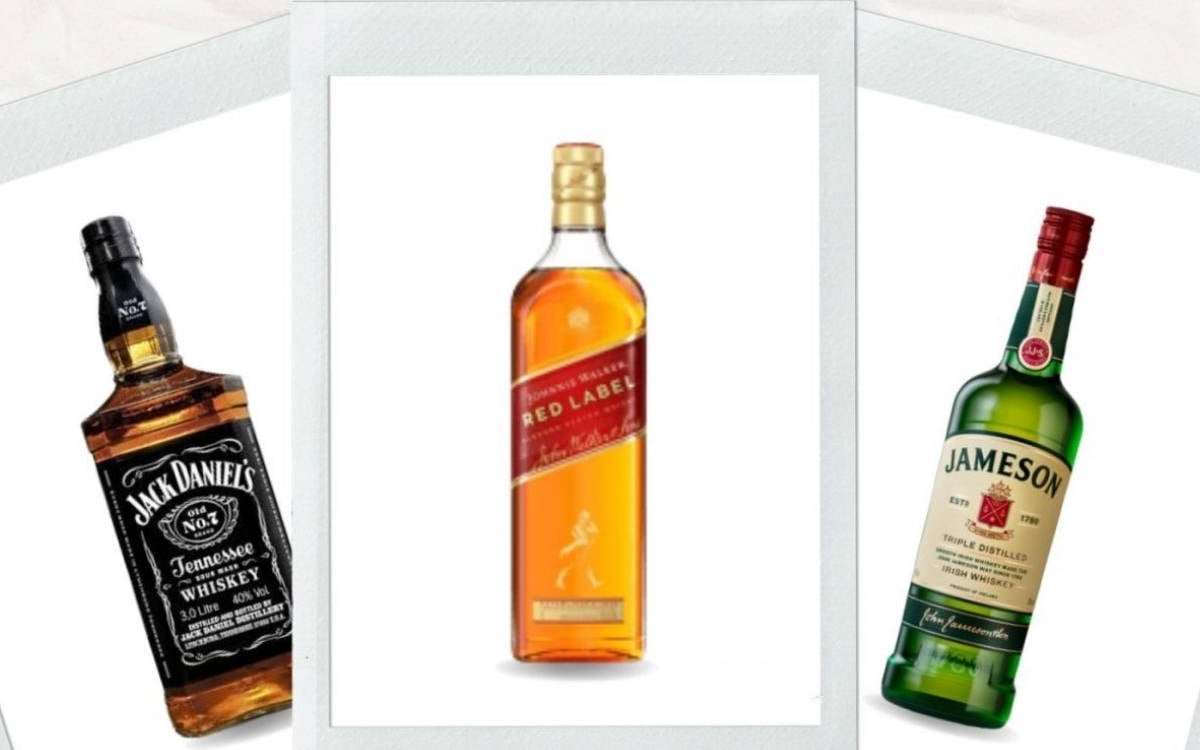
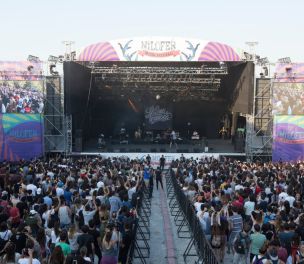
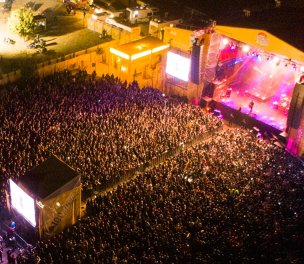
-132.jpg)
